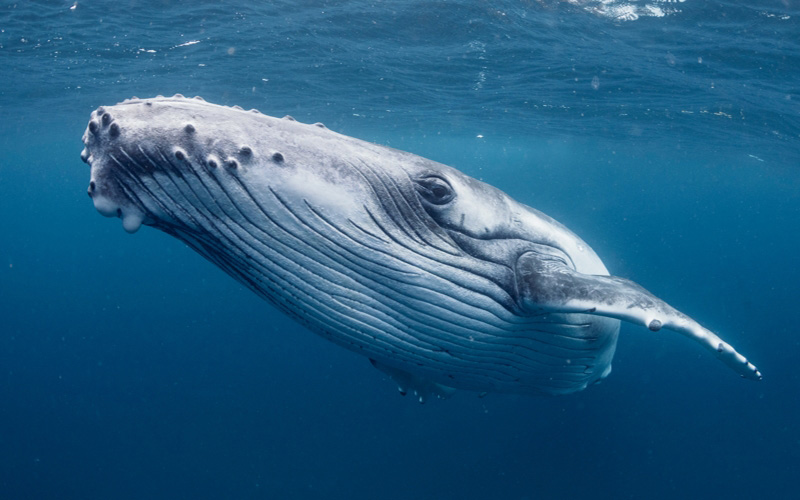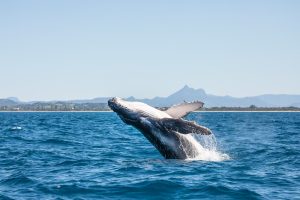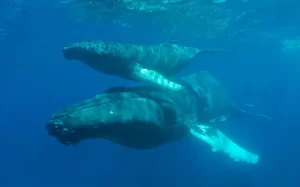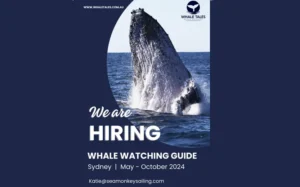In recent years, French Polynesia has experienced a significant increase in whale-based tourism, particularly involving humpback whales. These majestic creatures migrate annually to the region’s warm waters to give birth and nurture their young before embarking on their journey to Antarctica. The surge in tourism has raised concerns about the potential impact on the whales’ well-being.

The number of certified whale-watching operators in French Polynesia rose from 60 in 2023 to 90 in 2024. This growth has led to increased human interaction with whales, prompting the government to consider new regulations to mitigate potential harm.
Starting in 2025, French Polynesia plans to implement measures such as limiting the number of boats that can approach a whale simultaneously to three and restricting whale-watching operators to one boat per company. Private boats will be required to maintain a minimum distance of 300 meters from whales.
Interestingly, the new regulations will reduce the minimum distance swimmers can approach whales from 30 meters to 15 meters. The government believes this adjustment still ensures a safe distance, noting that whales often approach humans out of curiosity.
Experts have expressed concerns about this change. Dr. Mark Orams, a marine tourism specialist, warns that allowing swimmers within 15 meters of humpback whales is dangerous due to their size and the potential risk from their powerful tails. He also highlights studies indicating that swimming with whales can negatively affect the behavior of mothers and calves.
Local operators emphasize the importance of responsible tourism. Some advocate for designated periods without human activity to allow whales to rest, ensuring that tourism does not disrupt their natural behaviors.
In Polynesian culture, humpback whales are revered as sacred animals, often seen as guardians or ancestors. Earlier this year, Indigenous leaders from French Polynesia and other Pacific islands signed a treaty granting whales legal personhood in a collective effort to protect them.
French Polynesia is home to one of the world’s largest marine sanctuaries for whales, and all marine mammals in the region are protected species. The local tourism industry offers both whale-watching and swimming-with-whales tours, with regulations in place to ensure these activities are conducted responsibly.
The upcoming regulations reflect a broader global shift towards sustainable tourism practices. By balancing the interests of tourism with the need to protect marine wildlife, French Polynesia aims to ensure the long-term health of its whale populations and the viability of its tourism industry.
As these new measures are implemented, ongoing monitoring and adaptation will be crucial. Ensuring that tourism activities do not adversely affect whale populations will require collaboration between the government, local operators, experts, and the community.
Read the full articles here:



